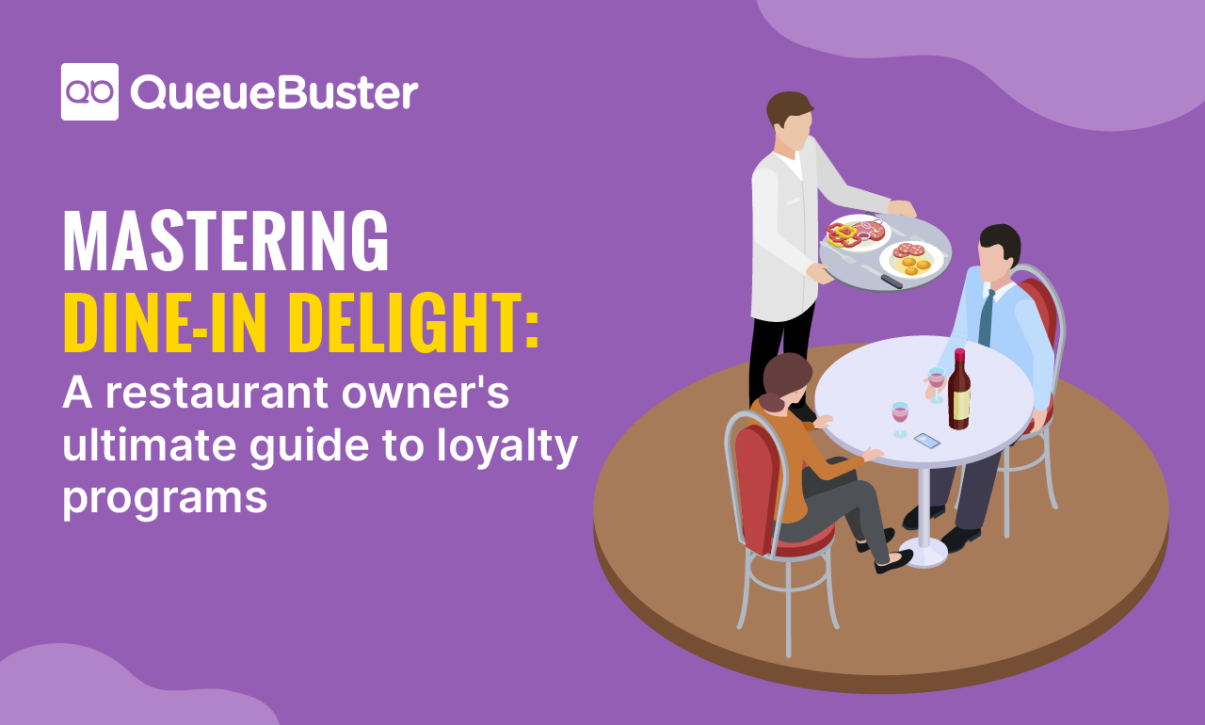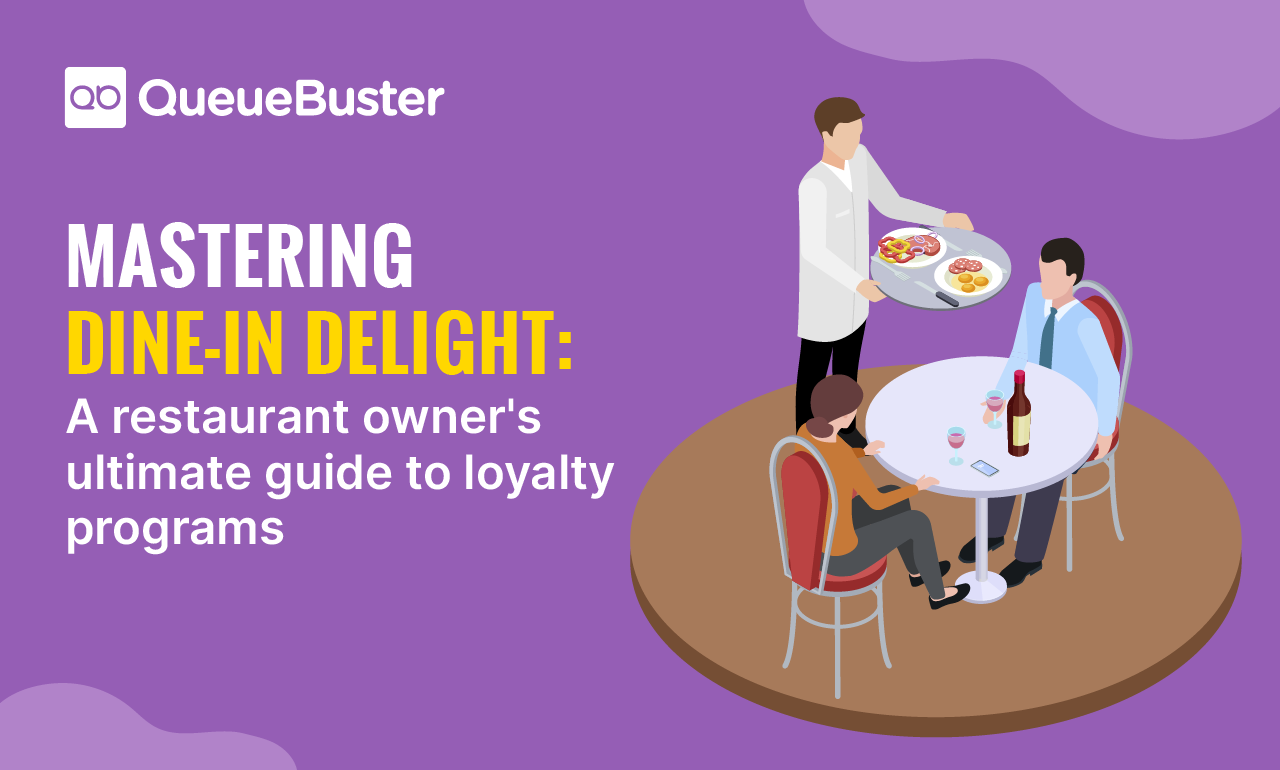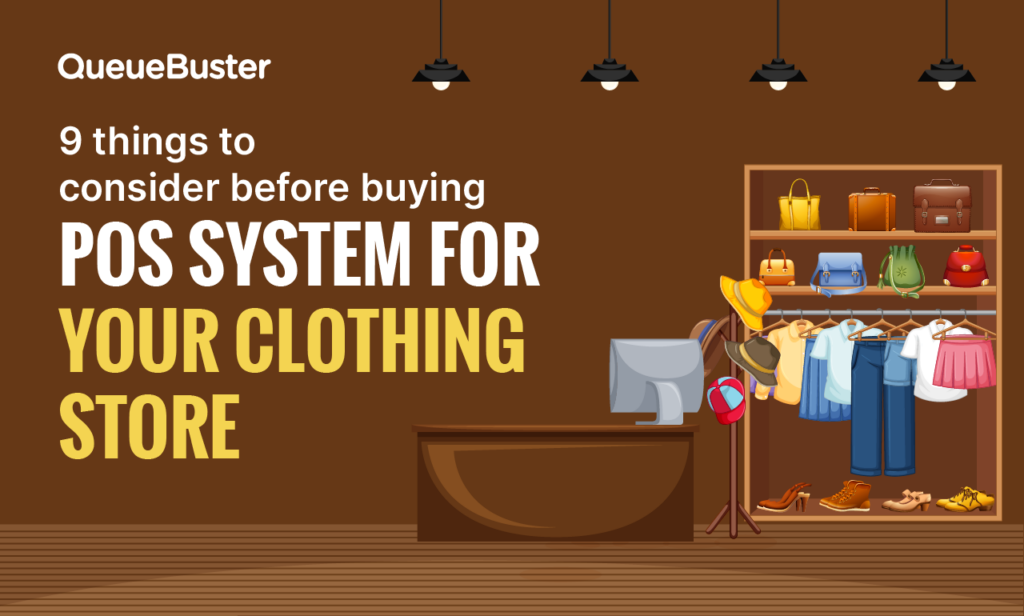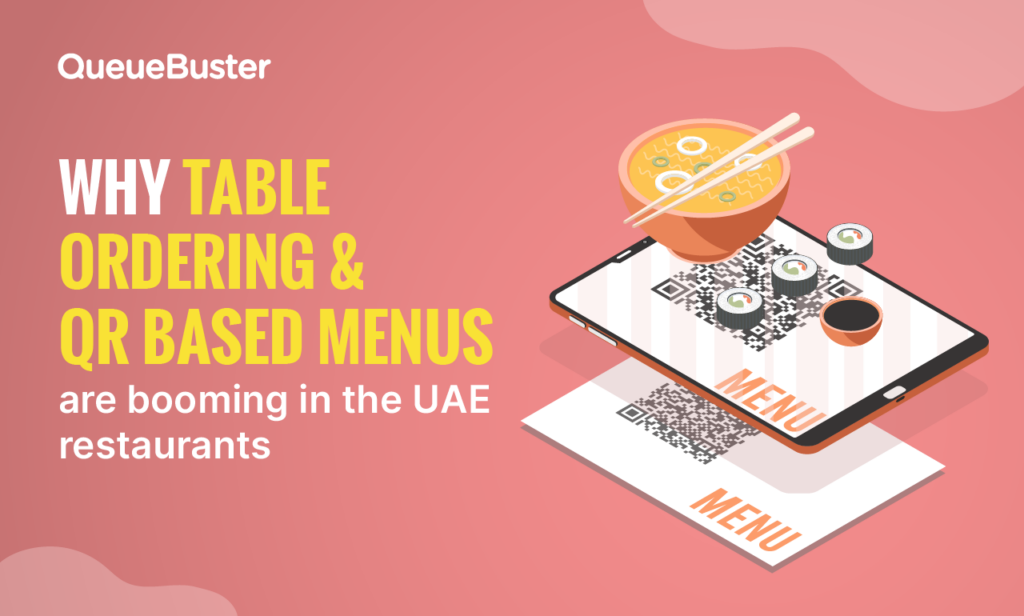
Ultimate Guide for Restaurant Owners to Create Customer Loyalty Program
Ultimate Guide for Restaurant Owners to Create Customer Loyalty Program

By Shreyansh Saini Published: May 21st, 2024
The F&B industry underwent a massive transformation during the pandemic period. Restaurateurs were motivated to develop different marketing techniques to attract customers to remain in business.
A technique long employed, the loyalty program, gained popularity recently. A restaurant loyalty program’s primary purpose is to promote the restaurant and gain lifetime patrons.
It’s news that 41% of consumers prefer restaurants that offer such programs.
Regardless, how to start, what to include, and where to promote are some questions restaurant owners must consider.
So, here is an ultimate guide for restaurant owners to create a customer loyalty program.
Error: Contact form not found.
Step-by-Step Guide to Setup a Marketing and a Customer Loyalty Program
The following is a step-by-step guide to establishing an effective restaurant loyalty program.
Identifying Restaurants’ Demographics
Each restaurant has its own set of repeat customers, so knowing their demographics will help restaurateurs curate loyalty programs that best serve them.
Restaurant owners should gather the relevant data of customers to analyze their preferences.
For example, a Chinese restaurant owner found that their regular customers prefer chicken noodles more than other menu items. To serve them better, they started offering discount codes or free chicken noodles as a reward.
Restaurateurs should also tally the frequency of customers. The number of times these customers visit the restaurant and what they purchase most of the time can also help in deciding what kind of reward will be better.
This way, restaurant owners must gather their customers’ preferences and offer rewards accordingly, as this will attract and encourage them to become loyal customers.
Some of the questions that restaurant owners should ask customers are:
- How much did a customer spend this year?
- What time duration has a particular customer been visiting the restaurant?
- What is the profit that the owner has earned through them?
- What are the most common items they order?
- How often does the customer visit the restaurant?
- How satisfied are they with the service?
Answering all the questions about each customer can help build a customer persona and help restaurant owners plan the loyalty program.
Develop a Marketing Plan
After gathering data related to customer insights, it is time for restaurant owners to develop an effective marketing plan around it. When done strategically, this marketing plan becomes the foundation of restaurateurs’ overall go-to-market strategy, strengthening loyalty programs’ foundation.
The primary step of every marketing plan is setting the right goals.
And a robust CRM can help restaurateurs with this. They can set up the right goals in the CRM and then check how their loyalty program is performing against these goals.
Apart from a marketing plan, business owners also need a budget plan. For a restaurant loyalty program to be successful, it needs to be adequately budgeted. Allocating the appropriate budget by segmenting into recurring, old, and new customers will help calculate ROI.
Once the marketing plan and budget are final, it is time to plan how to promote the campaign. From traditional fliers to social media, restaurant owners can opt for several free and paid channels to promote their establishment.
However, nothing beats word-of-mouth marketing. Restaurant owners can ask customers to spread the word about their loyalty programs. Most people trust another’s word compared to other marketing techniques, so it is a win-win situation.
Optimizing Marketing and Loyalty Campaigns
Restaurateurs can use analytic tools like CRM to track marketing campaigns and loyalty programs together. They can use such tools to gather campaign data to analyze further.
Insights help change the plan, if needed, or follow them to the point. Additionally, gathering customer insights about a restaurant’s loyalty program can help improve it.
Customers are the ones who should approve any loyalty program, so asking them can help ensure it is worth the investment and effort or not.
If there are any gaps in the program, fill them as per customers’ inputs.
Building an Effective Customer Loyalty Program
To build an effective customer loyalty program, restaurant owners need to know the available programs and how they can benefit their businesses.
Usually, there are four types of restaurant loyalty programs:
- Amount-based: This is perfect for fine dining restaurants, bars, and restro-bars where the average billing amount is high. The restaurateurs offer specific points for the amount spent on this loyalty program — for example, one loyalty point for every 100 rupees. Customers can redeem these points after they reach the minimum amount for use to purchase any item from the menu.
- Visit-based: These are best for cafes, fast food centers, and quick service restaurants where footfalls are high, but the average spend of customers could be higher. Reward points per visit will prompt customers to visit the restaurant frequently.
- Subscription-based: Subscription-based loyalty programs got tremendous traction during COVID. Usually, there are so many restaurants that offer meal plans on a subscription basis. If a subscriber has been with the restaurant for a particular time, rewarding the customer can help.
- Promotional rewards: In this type of loyalty program, customers get rewards with an expiry date. They must redeem these rewards before the expiry date, pushing the customers to visit the restaurant sooner.
Restaurant owners can also offer rewards on specific days like International Pizza, Valentine’s, Earth Day, and such occasions.
The above are some types of options that restaurateurs have. They can choose either and market extensively to reach their target audience.
Track Customer Participation
Once an owner picks a loyalty program that matches their business, it is time to invite customers and track their participation. Asking customers to participate is simple, but tracking them after each visit can be daunting, especially if the restaurant has huge footfalls.
It is here that CRM, like QueueBuster, can come in handy. This POS machine-CRM can help track every visit related to one customer and maintain a database.
This CRM has all the data related to customers, and with one click, restaurant owners can know how many times that customer has visited the store and other relevant details.
The incentives for this loyalty program are customizable. From offering free delivery for a given time/order amount to a free item or a discount, restaurant owners can pick anything per their requirements.
Give a Mixture of Rewards
Restaurateurs can try different types of reward programs. Usually, most restaurants have just one reward program, like offering a discount, free item, or home delivery.
However, mixing these rewards and giving customers an option to choose one would make the reward program even more interesting for customers. What to include in the reward program and what not is a choice a restaurateur has to make.
QueueBuster to curate a Customer Loyalty Program
QueueBuster is a POS software with numerous features that make restaurateurs’ lives easier. With all the customer data available, it can be used as a CRM tool to track customers in loyalty programs.
Apart from this, the software has a menu management feature, table reservation, online orders management facility, and many more that restaurant owners need. It is time for restaurant owners to opt for super apps like QueueBuster.
Yes, that is how simple it is! The best part is that restaurant owners can get a free trial period of one month to see how QBuster can help.
It is time restaurant owners book a QB demo and start capitalizing on a profitable customer loyalty program.
Error: Contact form not found.
Popular Posts

9 Things to Consider Before Buying a POS System for Your Clothing Store
Running a clothing store is about much more than billing. From managing […]

Why Table Ordering and QR-Based Menus Are Booming in UAE Restaurants
The UAE restaurant industry is evolving faster than ever. From luxury fine […]